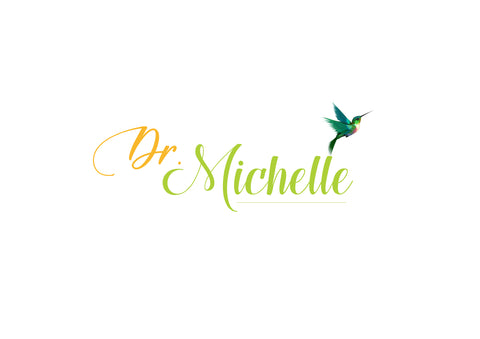
Greetings Tea lovers! It’s time to spill the tea, or drink the tea on ways that you can use herbs to release stress and recharge health.
It’s spring, one of my favorite times of year. I love hearing the birds sing melodic songs like a heavenly choir and watching the flowers bloom. But for those with seasonal allergies, it’s hard to enjoy the beauty when your eyes are running or itching and you are sneezing constantly!
I don’t usually have issues with allergies BUT this year, the trees that I love so much (yes, I do hug trees from time to time) are kicking my butt! And my car is caked with yellow dust.
I had to do something about it. Since I am a naturalista and an herb woman, you know I have to look to the herbs and plant technology.
Allow me to share with you 5 natural things I’m doing to get through allergy season:
1. TURMERIC
The bright yellow color of turmeric reminds me of the bright yellow color of the beautiful spring flowers. Turmeric has gained popularity because of its immune enhancing and anti-inflammatory benefits. But did you know turmeric can also help with allergy symptoms? Turmeric has been used for treatment of allergy and asthma in Asia, especially in India for years. It works by blocking the release of histamine from cells – thus it is a natural anti-histamine. Histamine is a natural defender when it detects something that can harm you like an allergen. So if you are allergic to pollen, histamine is released and triggers an inflammatory response as part of the healing process. This results in symptoms such as runny nose, congestion, post-nasal drip, cough, itchy nose and throat, and itchy eyes. People often take over-the-counter medications i.e. anti-histamines such as Zyrtec, Claritin or Allegra.
2. GINGER
Ginger is a root we all know and most of us love. It is a great warming herb and used while cleansing. Add it to your season allergy arsenal for its anti-histamine effects. Studies have shown that ginger root is as effective as loratadine which is the generic name of Claritin, in relieving symptoms of allergic rhinitis (runny nose, congestion, itchy eyes etc.) Of course I prefer to use something natural with multiple benefits like the Release & Relieve Tea over a medication. Release Relieve tea has both turmeric and ginger root in it; both natural anti-histamine and anti-inflammatory agents and DELICIOUS!
3. ESSENTIAL OILS
Essential oils are a simple and powerful use of plants and plant technology. They are made by either a cold press method, or a distillation method where via a steam process, oil is extracted from the plant. That is why it can take several pounds of a plant just to produce one bottle of oil. Essential oils enter the body primarily in three ways—applied to the skin, inhaled, or ingested. For use on the skin or ingestion, you must be very careful! Remember, essential oils are very powerful! You are using the pure essence of a plant. If done incorrectly, it can have serious reactions. The easiest way to use is by inhalation or what some refer to as aromatherapy.
My go-to during allergy season is to diffuse a mix of lavender oil, peppermint oil, and lemon oil. Sometimes I add just one drop of clary sage for good measure. It has helped relieve my symptoms of itchy eyes and congestion.
4. VITAMIN C
Vitamin C is not just good for cold and flu season, it is also great for allergy season. It too acts like a natural anti-histamine. That is because Vitamin C is necessary for the breakdown of histamine. In order to get the anti-histamine benefits, you must consume high doses of Vitamin C, 2 grams. That is a lot but doable with a very rich diet in fruits and vegetables and supplementation if necessary. The following foods are high in Vitamin C:
- bell peppers
- broccoli
- cantaloupe melon
- kiwi
- citrus fruits
You can also knock it out at once with intravenous Vitamin C. I’ve done several times and it made me feel AMAZING!
5. QUERCETIN
Quercetin is rich in antioxidants as well as has anti-histamine properties. It inhibits the production of histamine. Our bodies require 5 – 40 mg per day.
Foods rich in quercetin include:
- onions
- green tea
- red wine
- broccoli
- kale
To get the benefit of quercetin, you must take consistently for 6 weeks. For allergy symptoms, take 400 mg twice a day.
I’m over here diffusing oils, sipping on tea, juicing and eating broccoli. I have been using the teas in the Purification Bundle with Release & Relieve, Release & Purify Green Tea, and Release & ReNEW Detox Tea. She READY!
It may sound like a lot, but I feel soooo much better. I’m armed with my anti-histamine arsenal, now for a nice run in the park enjoying nature. Grab your tea and join me!
Be well!


